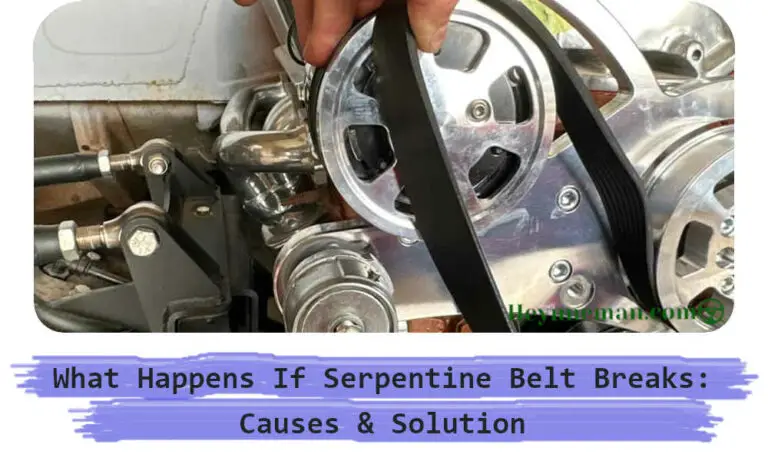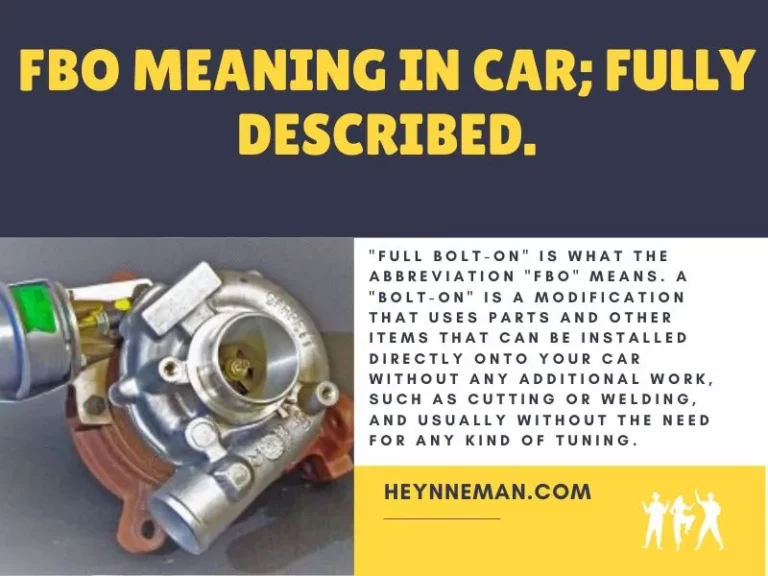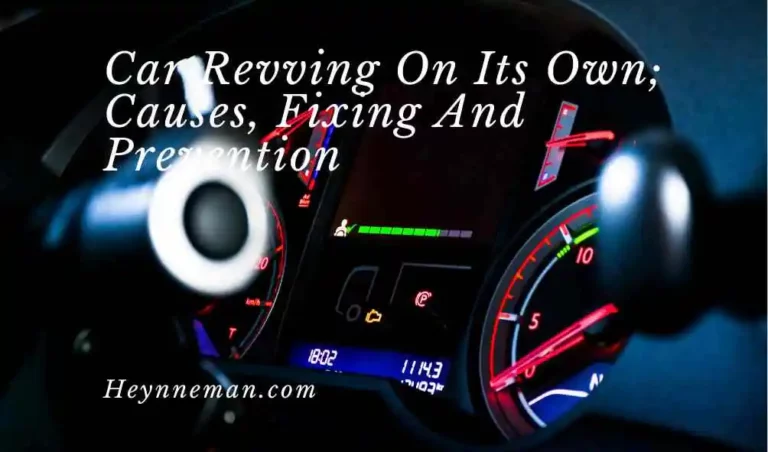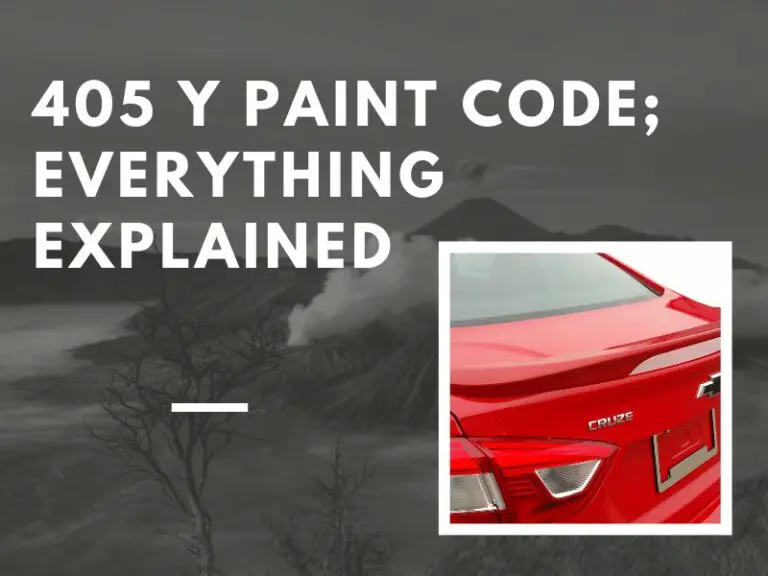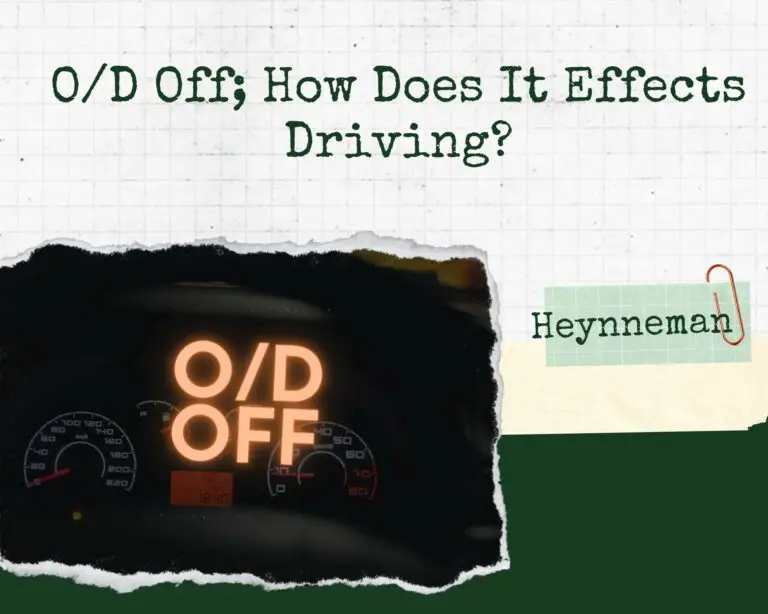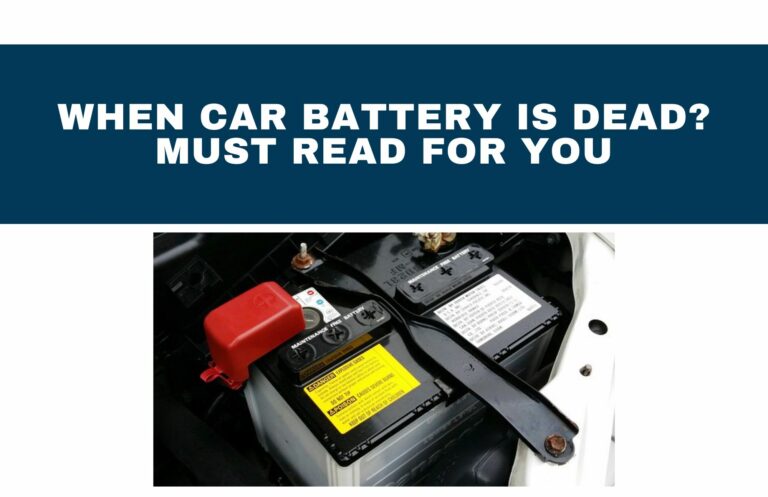Rattling Noise When Braking; Must Read
As drivers, we rely on our brakes to keep us safe on the road. They are a vehicle’s most critical safety feature, designed to slow down or stop the car when necessary. When they start making unusual noises, it can cause concern. One such noise is rattling noise when braking.
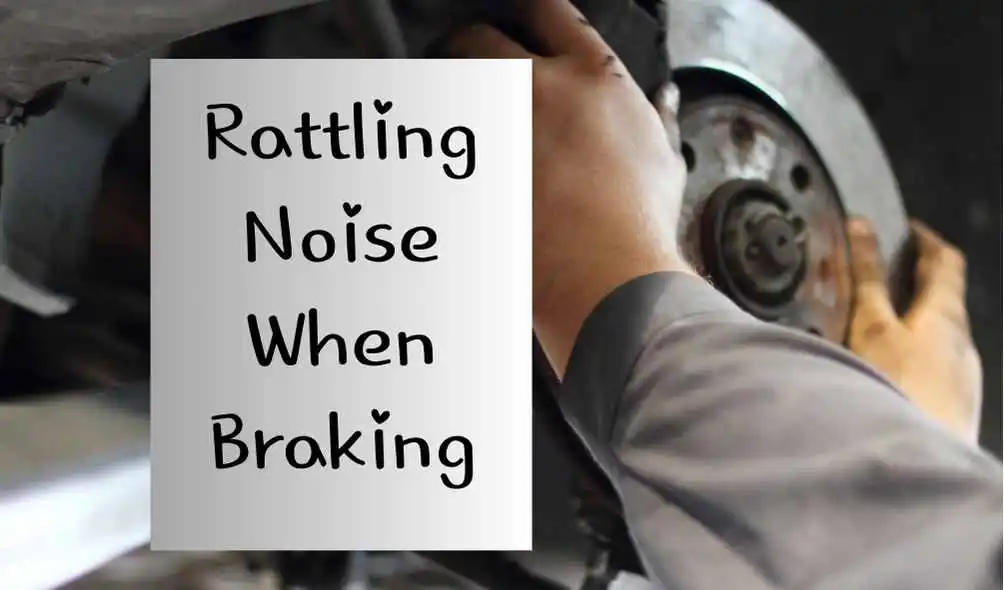
In this blog post, we’ll discuss rattling noise when braking, including its possible causes and solutions.
What causes rattling noise when braking?
There are several reasons why your brakes might be making a rattling noise. Here are some of the most common causes:
Worn Brake Pads
Over time, brake pads can wear down and become thin. When you apply the brakes, this can cause them to rattle against the calliper or rotor. Worn brake pads are a common cause of rattling noise when braking.
Loose Caliper Bolts
The calliper is part of the brake system that presses the brake pads against the rotor to slow down the vehicle. If the bolts that hold the calliper in place are loose, it can cause the calliper to vibrate and produce a rattling noise.
Worn Brake Rotors
Brake rotors are the discs the brake pads press against to slow down the vehicle. Over time, they can become worn or warped, which can cause them to vibrate and produce a rattling noise when you apply the brakes. This is more common in older vehicles or those driven under heavy loads, causing the rotors to overheat.
Can low oil cause rattling?
Yes, low oil levels can cause rattling in a car’s engine. The engine’s moving parts require proper lubrication to operate smoothly, and inadequate oil levels can cause metal-to-metal contact, resulting in a rattling or knocking noise. It’s essential to check the oil level regularly and top it up as needed to prevent this issue.
Can suspension cause rattling?
Yes, the suspension system can cause rattling noises while driving. Loose or worn suspension components, such as bushings, shocks, and struts, can cause the suspension to rattle or make clunking noises. A professional mechanic can inspect and repair the suspension system to resolve the issue.
Can low tire pressure cause rattling?
Low tire pressure can cause rattling or vibrating sensations while driving. When tires are underinflated, they can make contact with the road surface differently, causing uneven wear and producing vibrations. In severe cases, low tire pressure can also cause the tires to overheat and blow out, compromising safety.
Symptoms and diagnosis of rattling sound
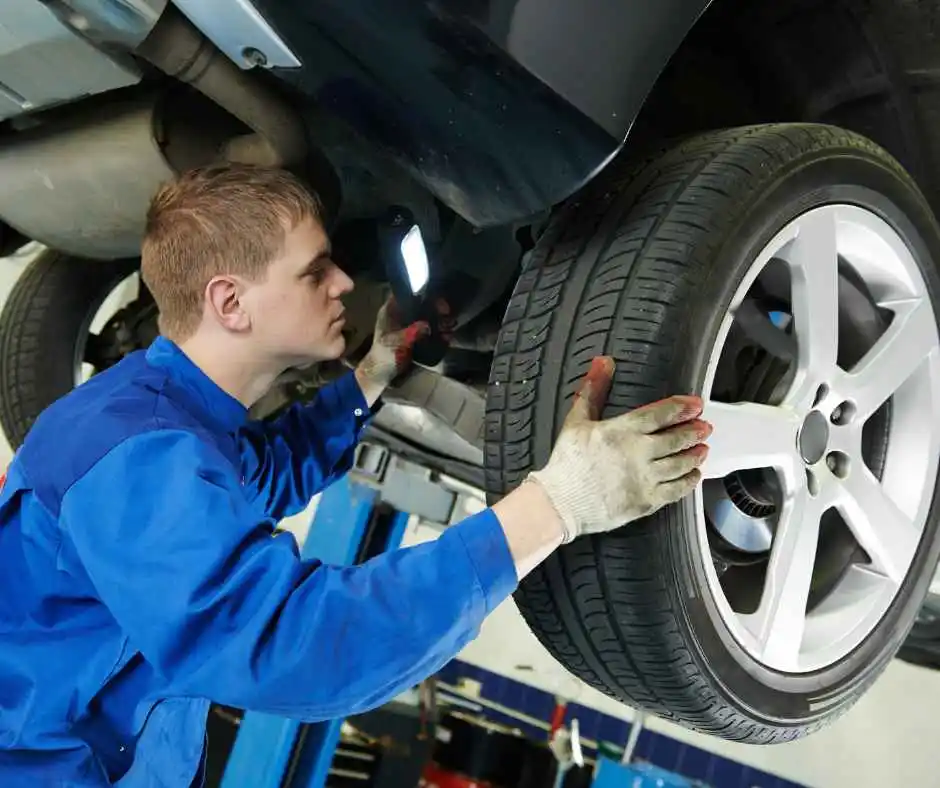
In addition to rattling noise, other symptoms may accompany brake issues. These can include vibrations or pulsations in the brake pedal or steering wheel, reduced stopping power, or a longer stopping distance.
Mechanics diagnose the issue by inspecting the brake pads, callipers, and rotors to determine the cause of the problem. Diagnosing the issue accurately is essential to ensure that the correct repairs are made, and the problem is resolved.
What are the solutions and repairs?
The solution for rattling noise when braking depends on the cause of the issue. Here are some possible solutions:
Worn Brake Pads
If the brake pads are worn, they will need to be replaced. Worn brake pads cannot be repaired and must be returned promptly to prevent further damage to the braking system.
It’s essential to have the brake pads replaced by a professional mechanic who can ensure that the new places are of the correct type and appropriately installed.
Loose Caliper Bolts
Tightening the bolts that hold the calliper in place can solve the problem. However, it’s essential to ensure that the calliper can still move freely and that the bolts are tightened to the manufacturer’s specifications.
If the calliper has been damaged due to the loose bolts, it may need to be replaced.
Worn Brake Rotors
If the brake rotors are worn or warped, they must be resurfaced or replaced. Resurfacing involves removing a thin metal layer from the rotor to make it smooth again.
Sometimes, the rotor may need to be replaced if it’s too worn or damaged. It’s essential to take care of this promptly to prevent further damage to the braking system and ensure safe vehicle operation.
Is it safe to drive with a rattling noise?
Driving with a rattling noise coming from your brakes is not recommended. The noise indicates an issue with the braking system, and it can compromise your safety on the road. Depending on the cause of the rattling noise, it could lead to reduced stopping power or a longer stopping distance, which can increase the risk of an accident.
Additionally, neglecting brake issues can cause further damage to the braking system, leading to costly repairs down the road. Suppose you notice any unusual noises or vibrations when you apply the brakes. In that case, it’s important to have them inspected by a professional mechanic right away and avoid driving until the issue is resolved.
Maintaining Your Braking System

Preventative maintenance is critical to keeping your braking system in good condition. Here are some tips to help you take care of your brakes:
- Inspect your brakes regularly, especially if you hear unusual noises or experience any issues. A regular inspection can help identify potential problems early on and prevent costly repairs down the road.
- Follow the manufacturer’s recommendations for brake maintenance. Refer to the vehicle’s owner’s manual for guidance on when to inspect the brakes and how often to replace brake pads and rotors.
- Avoid heavy braking, as this can cause excessive wear and tear on the brakes. Try to maintain a safe distance from other vehicles to avoid sudden braking.
- Avoid driving with a heavy load, as this can strain the brakes and cause them to wear down more quickly.
- If you notice any unusual noises or vibrations when you apply the brakes, have them inspected by a professional mechanic immediately. Delaying repairs can cause further damage and compromise your safety on the road.
Conclusion
Rattling noise when braking is a common issue that various factors can cause. If you notice any unusual noises or vibrations when you apply the brakes, it’s essential to have them inspected by a professional mechanic right away. Neglecting brake issues can lead to costly repairs and compromise your safety on the road. By taking care of your brakes and addressing any issues promptly, you can ensure that your vehicle is safe and reliable for years to come.
How often should I have my brakes inspected?
It’s recommended to have your brakes inspected annually, or more frequently if you frequently drive in stop-and-go traffic or have experienced any issues with the brakes. Regular inspections can help identify and address any potential brake issues before they become more serious.
Can I diagnose and repair my brakes on my own?
Unless you have experience and training in automotive repairs, it’s best to leave brake diagnosis and repairs to professional mechanics. Brake systems are complex and require specialized knowledge and tools to properly diagnose and repair. Attempting to repair your brakes on your own can be dangerous and may cause further damage to your vehicle.
How much does it cost to repair rattling noise when braking?
The cost to repair rattling noise when braking can vary depending on the cause of the issue and the extent of the repairs needed. In some cases, a simple adjustment or replacement of a component may resolve the issue, while in other cases, more extensive repairs may be necessary. It’s best to have your brakes inspected by a professional mechanic to receive an accurate estimate for the repairs needed.

